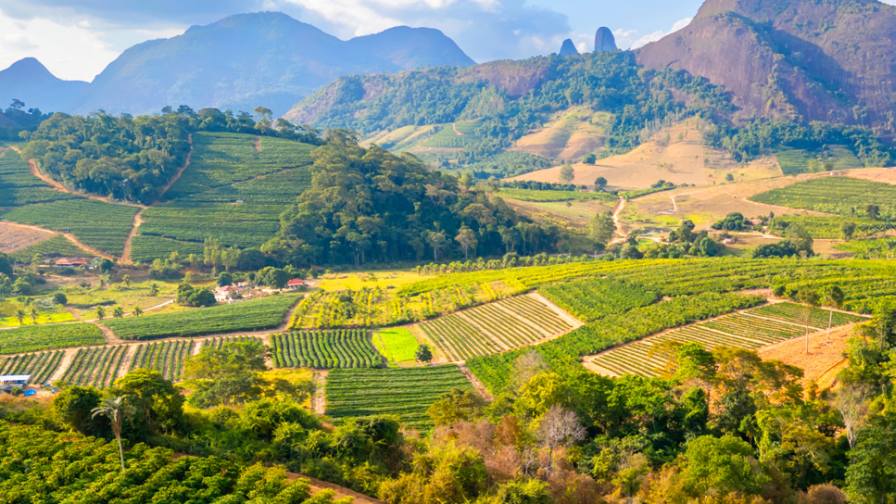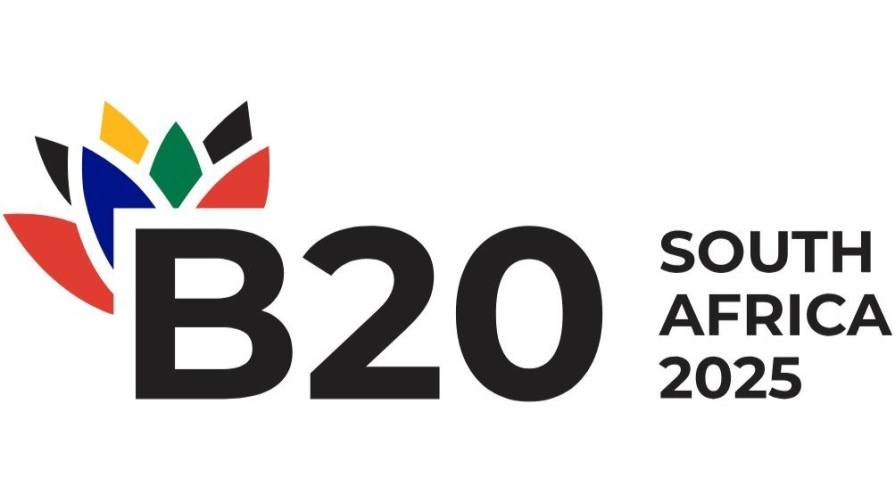East Africa Engineers Agriculture Reform
Governments, NGOs and private industry are all playing a huge role in transforming Africa’s fragmented agriculture production systems. Good agriculture practices, pesticides, fertilizers, irrigation, financing and cooperatives for agronomy and marketing alike are all playing major roles as Sub-Saharan Africa embraces the challenge of feeding more people.
-
-
1 of 8

“For sure, it is the lack of innovation that has made agriculture lack of production. As a consequence, food security in our region remains precarious and it has been that way for quite some time, and that is unacceptable … But we are seeing a lot of readiness to adopt and adapt the new ways. There is increasing awareness and demand for technologies, which puts pressure on governments to deliver them. In this regard, governments need to do more and look for innovative ways to mobilize resources, including development partners.”
Tanzania President Dr. Jkaya Kikwete
-
2 of 8

“Our goal is to transform Tanzania into a middle economy by 2025 … The most important resolution (for stakeholders) is putting innovations into action at the country and local levels.”
Christopher Chiza, Tanzania Minister of Agriculture Food security and Cooperatives
-
3 of 8
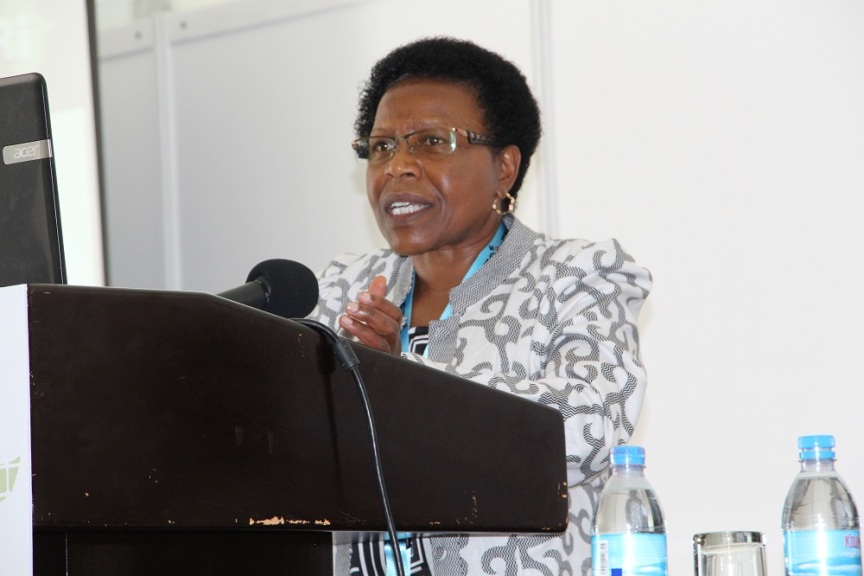
“Without the private sector, then (economic) sustainability is a big question mark. The value of East African business has risen to 7.8 billion, so it is very profitable with a lot of opportunity.”
Anne Mbaabu, Director of Market Access Program for AGRA
-
4 of 8

“An African farmer is starved of technology. We must use the technology from agribusinesses to transform the sector … Training and inputs are crucially important.”
Geoffrey Kirenga, CEO, SAGCOT (Southern Agricultural Growth Corridor of Tanzania)
-
5 of 8

“CAADP investment strategies must be in place to help countries and crops … the data generated (through benchmarking initiatives) is for all decision makers, including farmers, NGOs, governments and private industry so investors can have the information they need to improve productivity.”
Liberal Seburikoko, Grow Africa, Rwanda
-
6 of 8
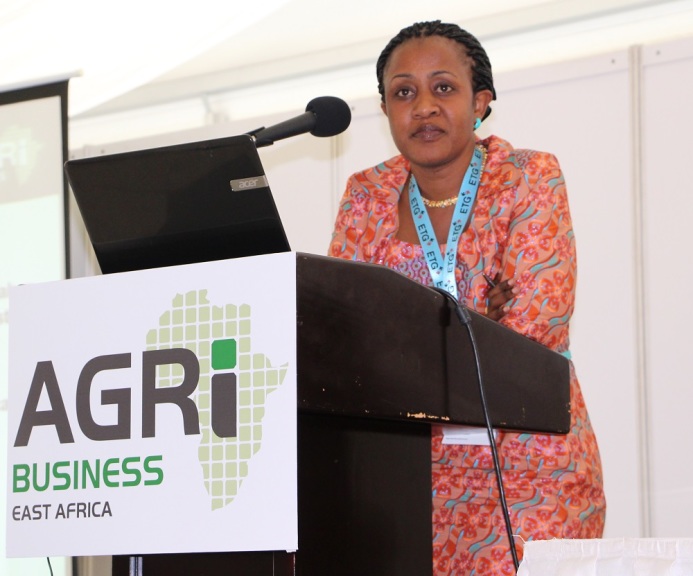
“Horticulture is the fastest growing sector in agriculture (in Tanzania) and it is at the center of the transformation of agriculture agenda. Our main activities are to promote innovation, investment and capacity building of smallholders so they can benefit from economies of scale and efficiencies of size … For example, the building of infrastructure for post-harvest storage has created a hub of input dealers, which offers an opportunity to train farmers and inform them about new products and agriculture technologies.” Jacqueline Mkindi, Executive Director, Tanzania Horticulture Association
-
7 of 8
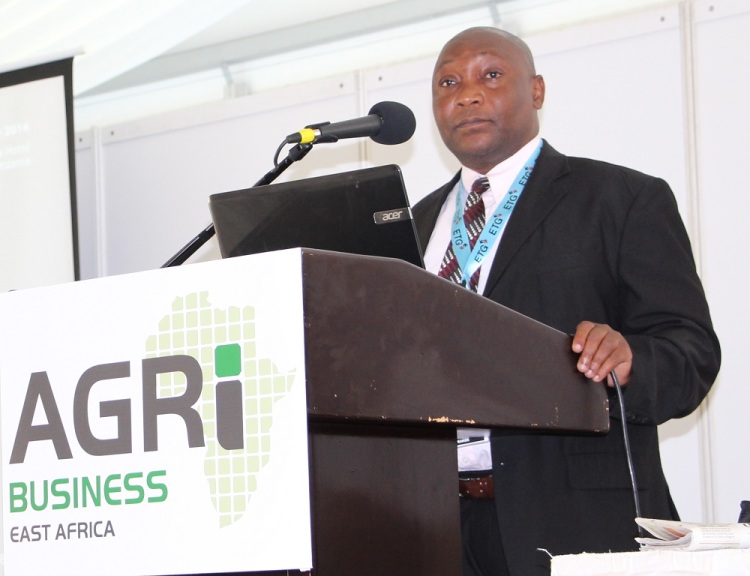
“The agriculture input market has been a success story (in Zambia) because the private sector entity has established information distribution models that deliver appropriate and affordable inputs into smallholder communities … On the input side, there are 19 new clients selling to 70,000 smallholder customers who are increasing productivity. Yields are almost doubling”
Reuben Banda, Managing Director, MUSIKA, Making Agriculture Markets Work for Zambia
-
8 of 8
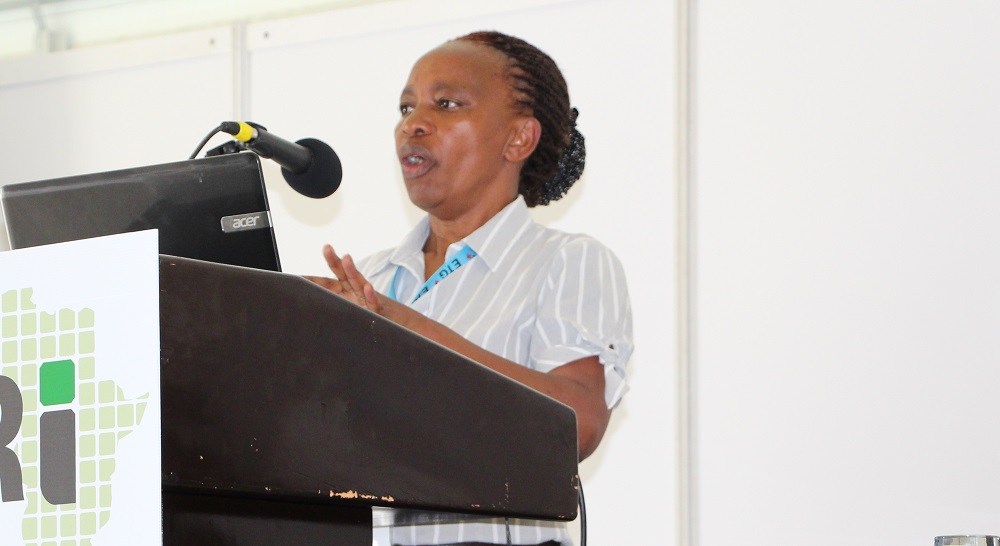
“The flower industry generates 9% of Kenya’s GDP and supports 2 million livelihoods. Demand for flowers is expected to grow 5% year over year for the next five years. Quality management production systems and technologies are being adopted by younger farmers, and this will help our industry get to the next level.”
Jane Ngige, CEO, Kenya Flower Council
View all


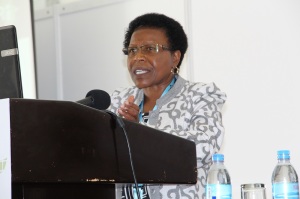


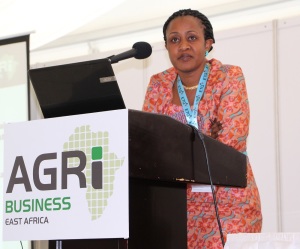
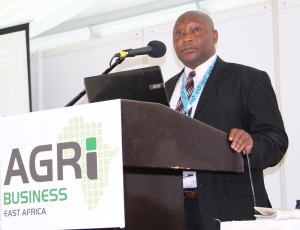

In Tanzania, farmers grew 118% of the country’s food requirements in 2013, giving many cause to celebrate food security. But new emphasis on growing the right balance of crops for domestic consumption and export has it and other countries in East Africa focusing on new technologies that can help farmers be more productive and profitable.
This slideshow from the AgriBusiness East Africa Congress in Dar es Salaam in January showcases regional leaders and prevailing sentiments from key political and agricultural figures from the region.
Attend the FCI Trade Summit – Africa in Dar es Salaam 13-14 May to continue the dialogue with the region’s most influential businesses and policymakers.
Get The Newsletter Today!

Update
Frabotta is the former group editor. See all author stories here.




